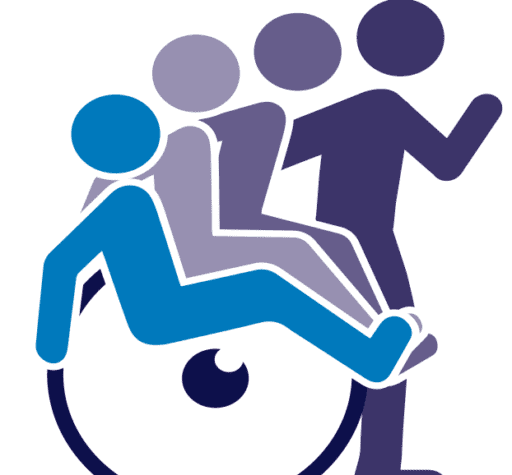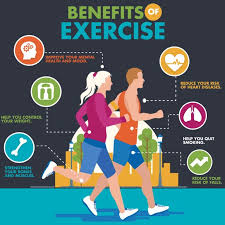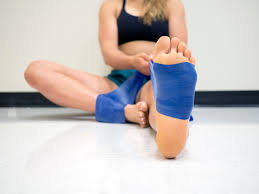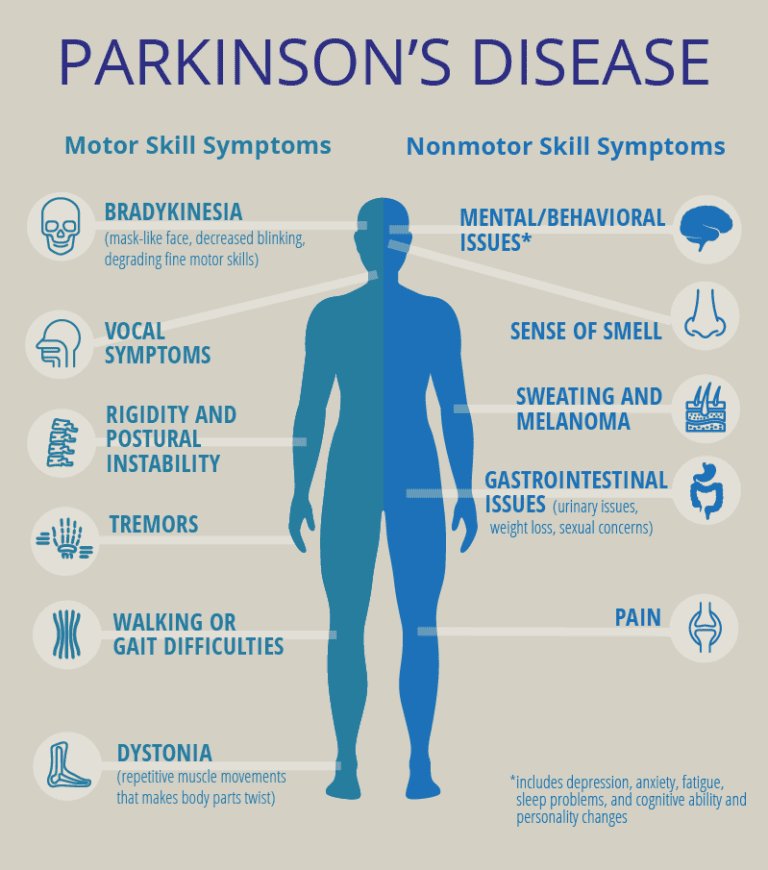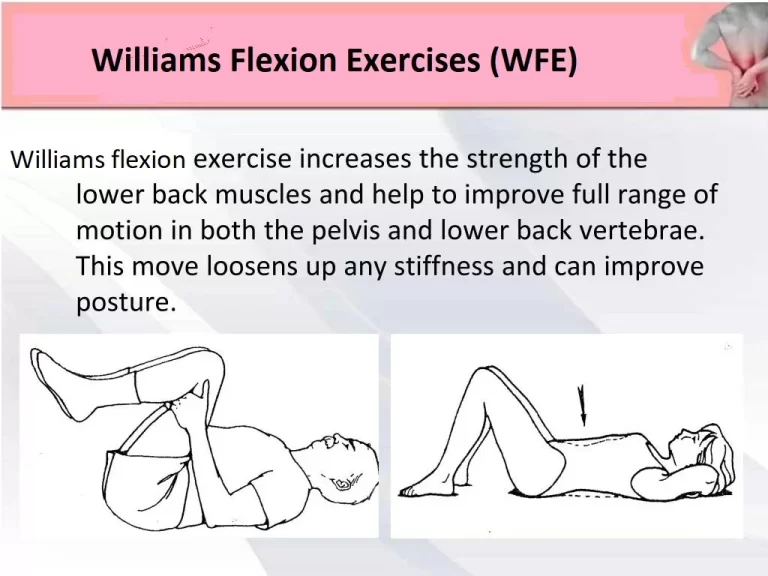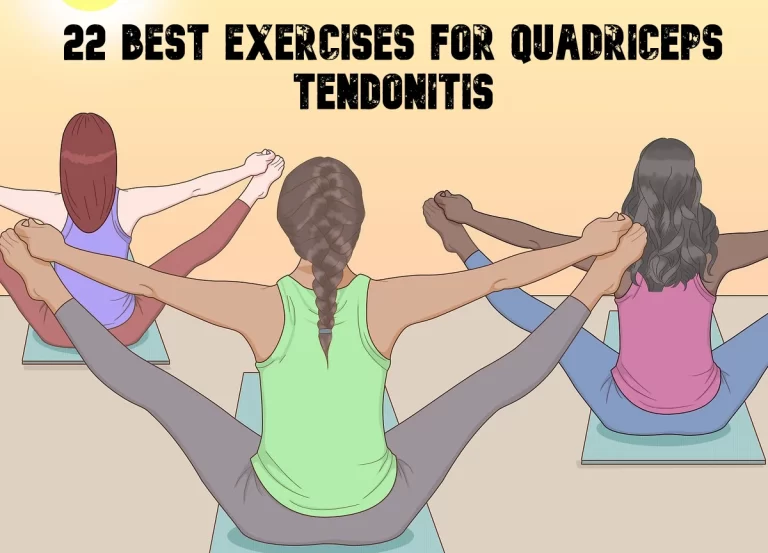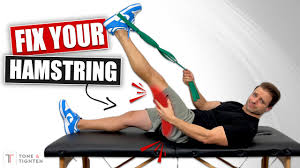35 Benefits of Exercises
Table of Contents
Introduction:
One of the most effective strategies for achieving and maintaining overall health and well-being is regular exercise. Physical activity, whether it be strength training, yoga, sports, or a brisk walk, has numerous health benefits.
It is essential for managing weight, preventing several diseases, elevating mood, and enhancing mental clarity, in addition to helping to increase strength, flexibility, and endurance. Regular exercise enhances cardiovascular health, strengthens bones and muscles, and makes life more resilient, energetic, and satisfying. Including regular physical activity in your daily routine is an easy yet powerful approach to invest in your long-term health.
Benefits of Exercise:
Mental and Emotional Benefits:
- Reduces stress by promoting relaxation and lowering cortisol.
- Improves mood by increasing serotonin and endorphins.
- Fights depression and anxiety by restoring balance to brain chemistry.
- Increases confidence and body image, which raises self-esteem.
- Improves the quality of sleep by promoting deeper sleep and a quicker fall asleep.
- Improves thinking and memory by increasing blood flow to the brain.
- Increases energy and mental clarity; increases attention and productivity.
- Delays cognitive deterioration and lowers the likelihood of Alzheimer’s and dementia.
- Increases energy — Enhances oxygen delivery and endurance.
Cardiovascular and Respiratory Benefits:
- Improves the circulatory system.
- Reduce artery strain and lower blood pressure.
- Increases circulation, which makes it easier to deliver nutrients and oxygen.
- Reduces cholesterol level.
- Increases breathing efficiency and oxygen intake, which benefits lung function.
Muscle, Bone, and Joint Benefits:
- Increases strength and endurance by promoting muscle growth and maintenance.
- Strengthening bones lowers the risk of osteoporosis and increases bone density.
- Strengthens the back and core muscles and improves posture.
- Increases joint range of motion.
- Improves balance and coordination and lowers the chance of injury.
Metabolic and Weight Management Benefits:
- Increases metabolism, which helps in fat burning and weight loss.
- Control blood sugar levels.
- Increases metabolism, which aids in burning more calories when at rest.
- lowers the incidence of type 2 diabetes by improving glucose regulation.
- Increases digestion by promoting gut health and bowel movements.
Disease Prevention Benefits:
- Reduces the risk of heart disease by improving cardiovascular health.
- Reduces the risk of stroke.
- Improves the body’s defense mechanisms and fortifies the immune system.
- Reduces the risk of some malignancies, particularly lung, colon, and breast cancer.
- Increases endurance: It makes your life longer and healthier.
Lifestyle and Daily Life Benefits:
- Reduces fatigue from normal tasks and improves stamina for daily activities.
- Increases coordination and balance; aids in functional movement.
- Builds mental resilience by promoting consistency and discipline.
- Improves social relationships through group exercise and team sports.
- Promotes better eating, sleeping, and time management practices, among other healthy habits.
Conclusion:
To sum up, exercise is a strong and organic method to improve mental and physical health. It is crucial for a healthy lifestyle because of its many advantages, which include improving mood, energy, and cognitive function as well as strengthening the heart, muscles, and bones.
Frequent exercise enhances quality of life by lowering stress, boosting confidence, and encouraging better sleep, in addition to preventing chronic diseases. One of the finest things you can do for your long-term health is to keep active, whether that means doing regular workouts or just moving around every day.
FAQs
Touching one’s feet helps one’s blood flow and relieves joint pain. The act of touching someone’s feet seems to make them feel better. The ego in one’s head disappears if one touches an elderly person’s foot. An elderly person’s hands carry the positive, compassionate energy from their toe to their intellect.
The most complete health benefits come from a mix of aerobic (cardio), strength training, flexibility, and balancing exercises.
Along with twice-weekly muscle-strengthening workouts, the majority of health professionals advise engaging in at least 150 minutes of moderate aerobic activity or 75 minutes of strenuous activity each week.
The base of our bodies is our feet. They genuinely assist us in standing and moving around. Maintaining their health is critical to our general well-being and movement. Every day, we all spend a significant amount of time standing up.
Improves Cardiovascular Health
They not only speed up your workouts but also raise your metabolic rate and aerobic fitness. Quick HIIT workouts have been found to raise your VO2 max, a measure of cardiovascular fitness that indicates how much oxygen your body can use while exercising.
References:
- Rd, A. S. M. (2023, November 13). The top 10 benefits of regular exercise. Healthline. https://www.healthline.com/nutrition/10-benefits-of-exercise
- National Library of Medicine. (n.d.). Benefits of exercise. https://medlineplus.gov/benefitsofexercise.html
- Quinn, M. (2025, June 8). The mental health benefits of exercise. MentalHealth.com. https://www.mentalhealth.com/library/benefits-of-exercise
- Daniels, L. (2021, January 25). What are the mental and physical health benefits of exercise? https://www.medicalnewstoday.com/articles/benefits-of-exercise#cardiovascular-health
- Why exercise is wise (for teens). (n.d.). https://kidshealth.org/en/teens/exercise-wise.html
